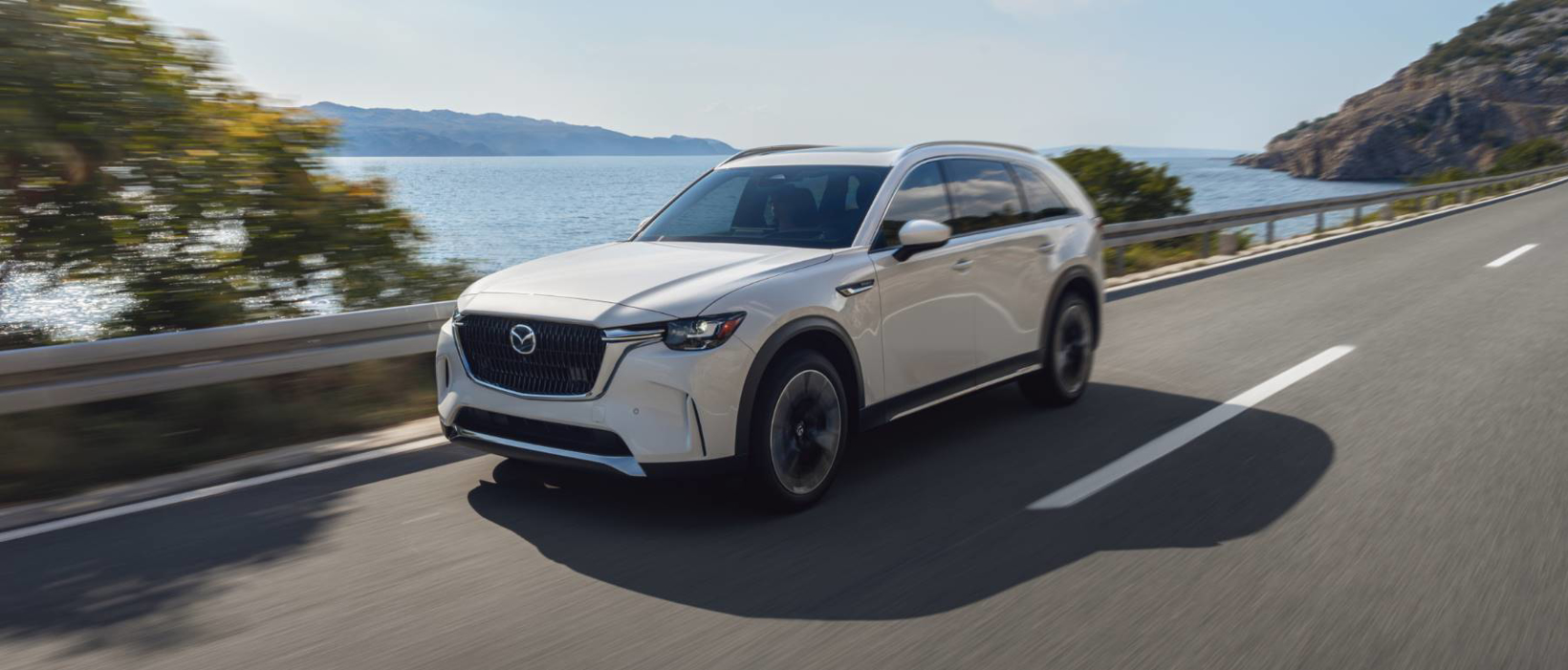According to Nikkei, Japan's Ministry of Finance reported on July 17 that the value of car exports to the United States in June declined for the third consecutive month, although the export volume increased. Specifically, Japan's car export value to the U.S. decreased by 25.3% year-on-year last month, while the export volume rose by 4.6%. The U.S. remains Japan's largest export destination, and the 25% tariff imposed by the U.S. government on all imported vehicles since April 3 has severely impacted Japan. Marcel Thieliant, head of Asia-Pacific at Capital Economics, stated that Japanese automakers have implemented significant price reductions to maintain their market share in the U.S. 'The discrepancy between export value and volume is partly due to the appreciation of the yen, as goods exported to the U.S. are typically priced in dollars, but mainly it is due to price reductions of automotive products, which manufacturers seem to have absorbed themselves in light of the 25% tariff,' he explained. Despite Japan being a key ally of the U.S. in Asia, progress in persuading the U.S. to lower tariffs has been minimal. The Trump administration has focused on reducing the trade deficit with Japan, which is projected to be $68.5 billion in 2024, and has thus refused to eliminate the new tariffs on Japanese cars. As negotiations continue, Japanese automakers are beginning to raise product prices in the U.S. and prepare to increase production there, as they seem to be unable to bear the additional costs imposed by tariffs any longer. However, the rise in new car prices from Japanese brands has yet to be reflected in U.S. inflation data. The Consumer Price Index released on July 15 showed that, after seasonal adjustment, new car prices in the U.S. fell 0.3% year-on-year for the second consecutive month. In response to the Trump administration's tariff policies, Japanese automakers are busy adjusting their production plans. Mazda's president, Masahiro Moro, indicated at a press conference in May, 'We have informed our suppliers that we are entering survival mode.' Chief Financial Officer Jeffrey Guyton stated at the company's annual shareholders meeting that Mazda plans to increase production in the U.S., as the U.S. market is crucial for the company. In the fiscal year ending March 2025, Mazda's sales in the U.S. were 435,000 vehicles, accounting for over 30% of its total annual sales. However, both of the company's major factories are located in Japan. Subaru also plans to invest 40 billion yen (approximately $270 million) to expand its production capacity in the U.S., where car sales account for 70% of its total sales. To mitigate the impact of tariffs, Honda is considering collaborating with Nissan in the U.S., utilizing Nissan's idle factories to produce pickup trucks for Honda.
Japan's Car Exports to the U.S. Decline in Value but Increase in Volume

Share this post on: